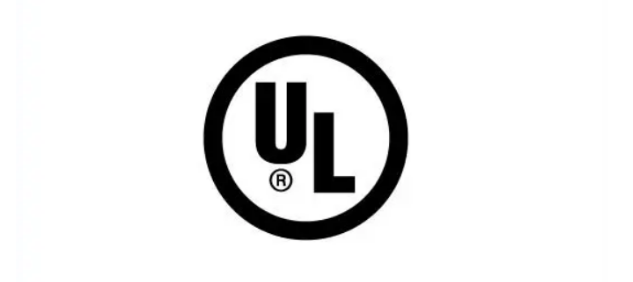
When a manufacturer’s wireless products are exported to the North American market, North American customers are often asked whether the product has applied for FCC-ID certification or UL certification. What is the difference between these two certifications? The following small game will give you a detailed introduction.

FCC certification is a compulsory certification in the United States. All electronic products entering the United States need to pass FCC certification. It is currently divided into two types: FCC ID and FCC SDoC.
FCC SDoC is aimed at ordinary products without wireless functions, such as traditional lamps, traditional home appliances and other products without wireless functions.
FCC ID is for wireless products. Only products authorized by FCC ID number can be sold in the United States. It is suitable for products with wireless transmitting frequency, such as: Bluetooth devices, WiFi devices, wireless alarm devices, radio receiving and transmitting devices, telephones, computers, etc., all need to apply for FCC-ID certification. The certification of wireless products is directly approved by the FCC TCB agency, and the certification certificate can be checked on the official website of the FCC in the United States.
UL is the abbreviation of Underwriter Laboratories Inc. (Underwriter Laboratories Inc.). The UL Safety Testing Institute is the most authoritative in the United States and the largest private organization engaged in safety testing and appraisal in the world. It is an independent, profit-making professional organization that conducts experiments for public safety. UL certification is a non-compulsory certification in the United States, mainly for product safety performance testing and certification, and its certification scope does not include the EMC (electromagnetic compatibility) characteristics of the product.
▶The difference between FCC-ID and UL certification
1. Regulatory requirements are different: FCC-ID certification is obviously mandatory as a regulatory certification for wireless products in the United States; but UL certification is a safety certification that covers a wide range of products as a whole and small parts of the product. .
2. The scope of testing is different: FCC-ID certification is the content of electromagnetic compatibility, but the scope of UL testing is safety.
3. There are big differences in the requirements of factories: FCC-ID certification does not require factory audits, nor does it require annual inspections; but UL is different, it not only requires factory audits, but also requires annual inspections. So there is a timeliness issue for UL.
4. Certificate issuing agency: The issuing agency for FCC-ID certification is TCB. Now many domestic agencies are authorized by TCB, so many domestic agencies say the reason for issuing certificates. But for UL, because it is an American insurance company, UL can only issue certificates by itself.
5. There is an obvious difference in periodicity: In terms of the test period, some people may say that this is not comparable. Because UL involves aspects such as factory inspection. So relatively speaking, the FCC-ID certification cycle is shorter and the cost is relatively small.
▶The role of UL certification
▶The benefits of FCC certification
FCC certification is a passport for products to enter the American market. Products can only be sold in the American market if they meet the corresponding FCC certification and affix the corresponding logo. For consumers, products with logos give them a high sense of security, and they only trust and are only willing to buy products with safety certification marks.
Add.:Room703、705/7F, Development Building, Tian An Hi-Teck Ecological Park, No.555 North Road Panyu Avenue, Panyu District, Guangzhou City, 511400, China
Tel.:020-39211670 Fax:020-39211640 E-mail:info@certitek.cn

